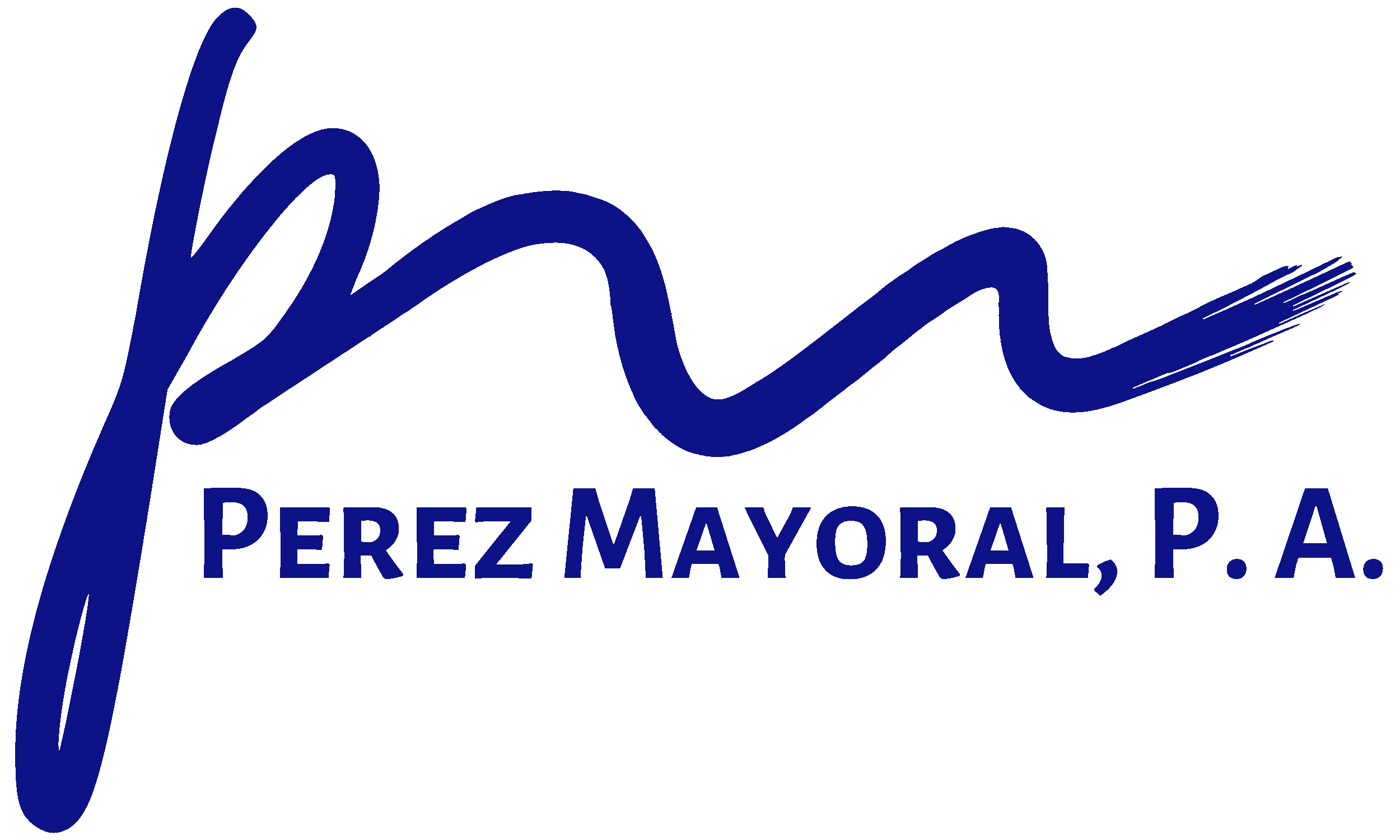Living in a planned community or condominium often comes with the added responsibility of being part of a homeowners’ association (HOA) or condominium association (COA). While these associations provide several benefits in maintaining community standards, there can be times when you feel that the HOA or COA has overstepped its boundaries, made unjust decisions, or acted unreasonably. In such cases, you should know more about the legal options to challenge HOA or COA decisions. This blog post has provided relevant information to help homeowners navigate the legal process of challenging their associations.
Know And Understand Your HOA Or COA Rules
The first step in challenging an HOA or COA decision is to be aware of the association’s bylaws, rules, and regulations. Understanding these rules, how they are made, and how they can be challenged is essential. You could get a copy of the documents and review them carefully. You could request one from your association if you don’t have a copy. For condominium associations, refer to Chapter 718 of the Florida Statutes (Florida Condominium Act), and for homeowners’ associations, refer to Chapter 720 (Florida Homeowners’ Association Act).
Consult A HOA or Condominium Attorney
If you are struggling to resolve the dispute through the association’s dispute resolution process, then it’s time to seek legal advice. An attorney specializing in real estate law can help you understand your legal rights and options. They could also guide you on how to file a lawsuit, if necessary.
File A Lawsuit
If all other attempts at resolving your dispute fail, then it may be time for you to file a lawsuit against your association. It’s essential to do this with the help of an experienced HOA attorney. The lawsuit must be filed in the appropriate court with jurisdiction over the matter. Common types of lawsuits against an HOA or COA include breach of contract or covenant, discrimination, breach of fiduciary duty (Florida Statutes § 718.111(1)(d) for COAs and § 720.303(1) for HOAs), and claims against associations for their failure to maintain and repair common elements, leading to property damage to homeowners. In Florida, condominium associations have a statutory duty to maintain common elements under § 718.113(1), while homeowners’ associations are typically governed by their governing documents for maintenance responsibilities.
Keep Records And Maintain Communication
Throughout the process, it’s essential to keep records of all communication with your association and paperwork related to the HOA dispute. Ensure you maintain a professional tone and remain civil in communicating with your association. Also, update your attorney regularly and follow their advice to increase your chances of success.
Living in an HOA or COA can be both beneficial and challenging. However, when you feel you are being mistreated or subjected to unreasonable demands, you must know your legal rights and options. At Perez Mayoral, P.A., we fight on behalf of homeowners to ensure they are treated fairly and justly. Let us deal with your HOA/COA so you can let your home be home. Contact our skilled HOA and condominium attorneys to schedule a free case review and get the help you need to fight for your home.

